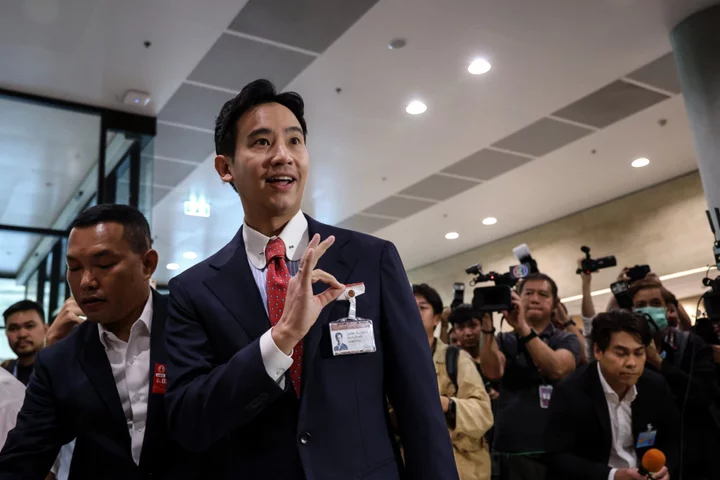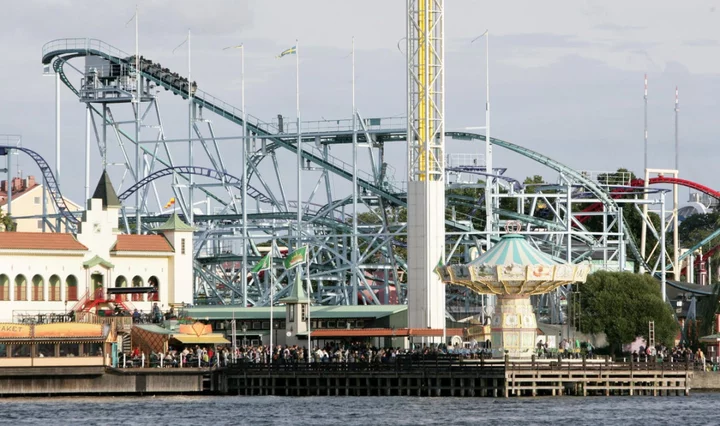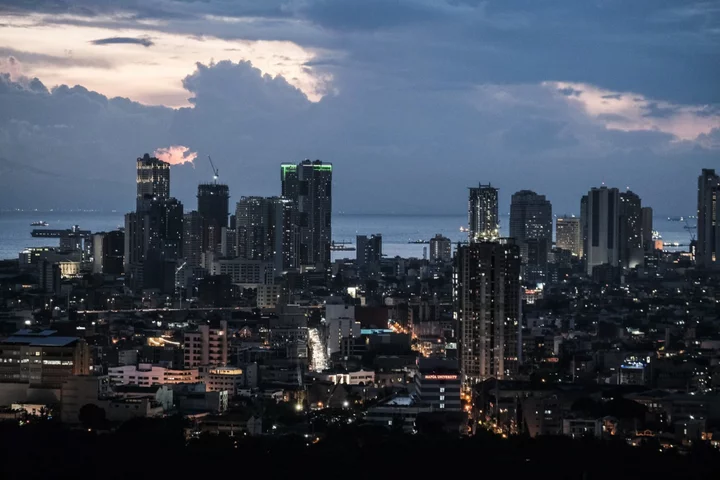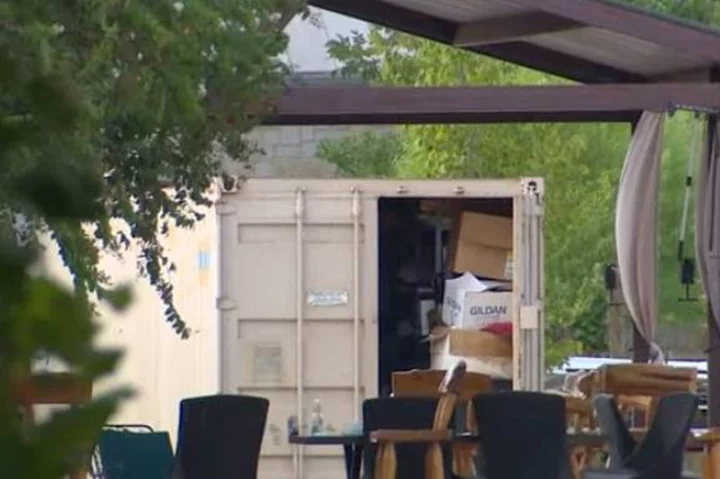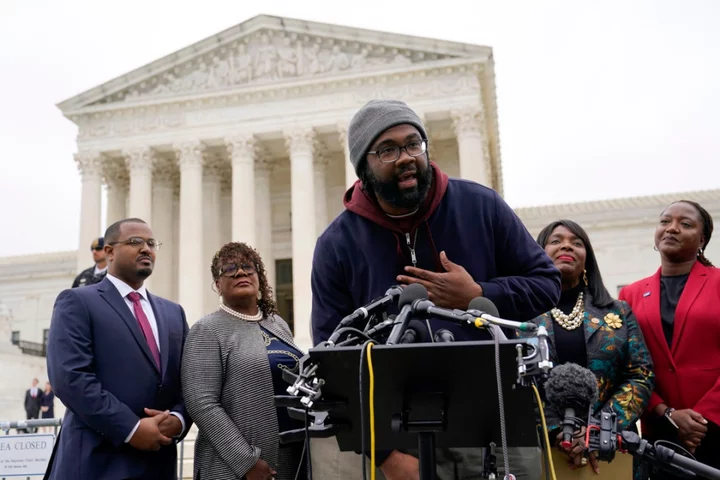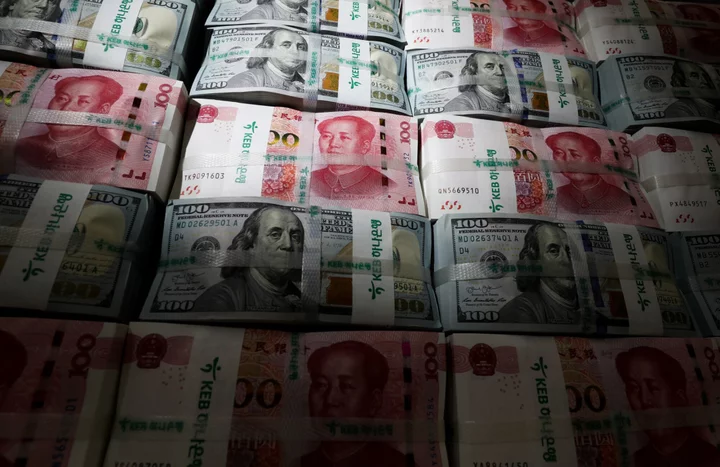Thai senators appointed by the army blocked pro-democracy candidate Pita Limjaroenrat from becoming prime minister in the first vote since his party won the most seats in a May election, raising political tensions as the nation struggles to end nearly a decade of military-backed rule.
Pita secured 324 votes, according to House Speaker Wan Muhamad Noor Matha, noting that only 705 members of the 750-member parliament participated in the proceedings. While 182 opposed his candidacy, 199 abstained from the vote.
Still, it isn’t the end of the road for Pita, who can seek a re-vote at the next parliament sitting likely to be held July 19.
“We accept the results but we’re not giving up,” Pita told reporters after the vote. “We’ll strategize to consolidate the voices to reach 376 in the next vote.”
Thursday’s vote undermines the popular choice of the people, who handed an overwhelming victory to pro-democracy parties in the May 14 general election. While Pita’s Move Forward and seven of its allies held 312 seats in the 500-member House of Representatives, they were outnumbered in the joint parliament sitting that included members of the military-appointed Senate.
The Thai baht strengthened 1% against the dollar on Thursday, on a day when most Asian currencies gained against the greenback. The domestic stock market advanced at close of trading before the results were announced.
“This prolongs political uncertainty,” said Nattaporn Triratanasirikul, an economist at Kasikorn Research Center. “The longer the delay, the greater the economic impact will be.”
A delay in government formation will hurt policymaking in Southeast Asia’s second-largest economy, which has already been lagging neighbors in terms of growth during and after the pandemic. An added risk is protests by Pita’s supporters, which can dent tourism — the only economic engine that’s firing on full cylinders right now.
Supporters of Pita started gathering in front of parliament after the vote to express solidarity, and called for further demonstrations from Friday. Protest leaders urged followers to bring protective gear.
The rejection isn’t the only setback to Pita’s aspirations. He still risks being disqualified as a lawmaker and his party disbanded over its push to amend the country’s royal defamation law.
Thursday’s vote followed a marathon debate in parliament surrounding Move Forward’s key election pledge to change the lese majeste law, also known as Article 112 of the Thai criminal code that penalizes criticism of King Maha Vajiralongkorn and other royals.
Conservative parties outside of Pita’s coalition and many members of the Senate, which is stacked with pro-royalist allies, ruled out support for Pita for this reason.
Pita’s eight-party coalition voted in unison to back him on Thursday, including the second-biggest election winner Pheu Thai. But considering mounting challenges against Pita, analysts noted a higher possibility that Pheu Thai may explore breaking away to try to form a government.
“It seems we are heading for a conservative-dominated government, possibly including or even led by Pheu Thai, that will offer broad policy continuity,” said Peter Mumford, Eurasia Group’s Southeast Asia practice head. “Social unrest risks are rising, and this will be a key watchpoint over the coming weeks.”
Pita Thursday refused to back down on his party’s pledge to reform the royal insult law, and said he would reach out to sympathizers in the Senate.
“A lot of people didn’t come, and many didn’t vote as they wished,” Pita said. “I understand there’s a lot of pressure on them as well as several incentives that didn’t allow them to vote in alignment with the people.”
--With assistance from Pathom Sangwongwanich, Napat Kongsawad, Suttinee Yuvejwattana, Anuchit Nguyen and Cecilia Yap.
(Recasts with details throughout)

